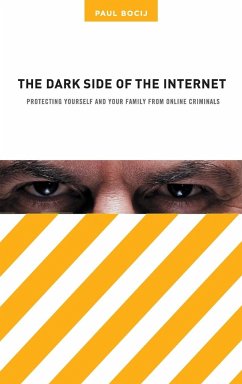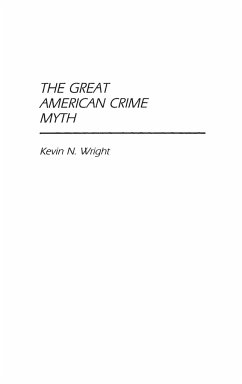
The Badge and the Bullet
Police Use of Deadly Force
Versandkostenfrei!
Versandfertig in 1-2 Wochen
44,99 €
inkl. MwSt.

PAYBACK Punkte
22 °P sammeln!
It may seem ironic to conclude a study of police use of deadly force with surprise that more people are not shot by police. Yet, Scharf and Binder's observation typifies the insights in their excellent book, The Badge and the Bullet. Their assessment of the complexity of the issue, organizaton and examination of the contextual causes and effects and the realism of proposed solutions distinguish this as an outstanding volume. Contemporary Sociology This excellent book provides a serious discussion of a highly controversial issue . . . exceedingly well written, with significant anecdotal episode...
It may seem ironic to conclude a study of police use of deadly force with surprise that more people are not shot by police. Yet, Scharf and Binder's observation typifies the insights in their excellent book, The Badge and the Bullet. Their assessment of the complexity of the issue, organizaton and examination of the contextual causes and effects and the realism of proposed solutions distinguish this as an outstanding volume. Contemporary Sociology This excellent book provides a serious discussion of a highly controversial issue . . . exceedingly well written, with significant anecdotal episodes to capture and hold reader interest. Destined to become the standard work in its subject area . . . highly recommended to students of human behavior, especially students in police science and criminal justice, sociology, psychology, and the law . . . also recommended to concerned police practitioners and others who are involved in policy-making decisions regarding the police. Choice














